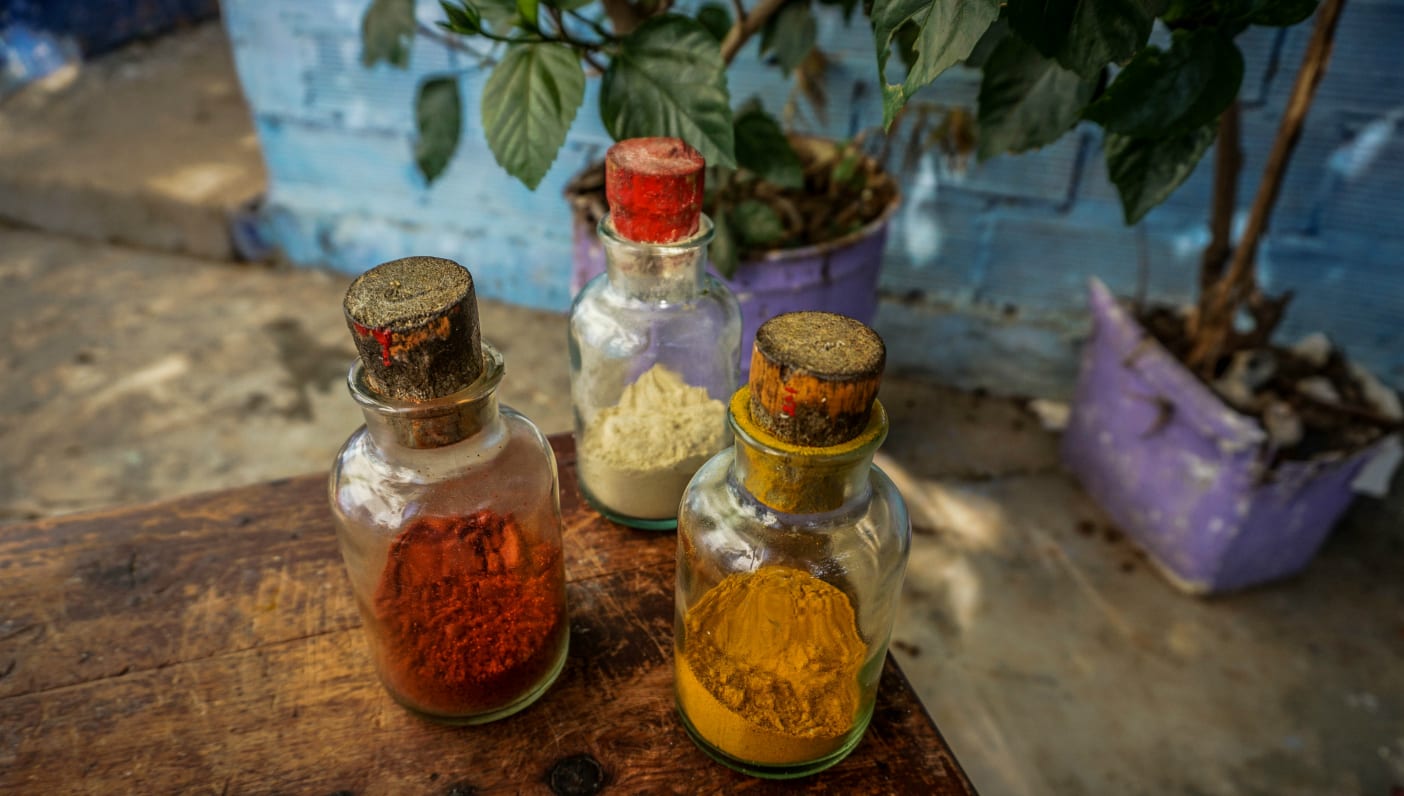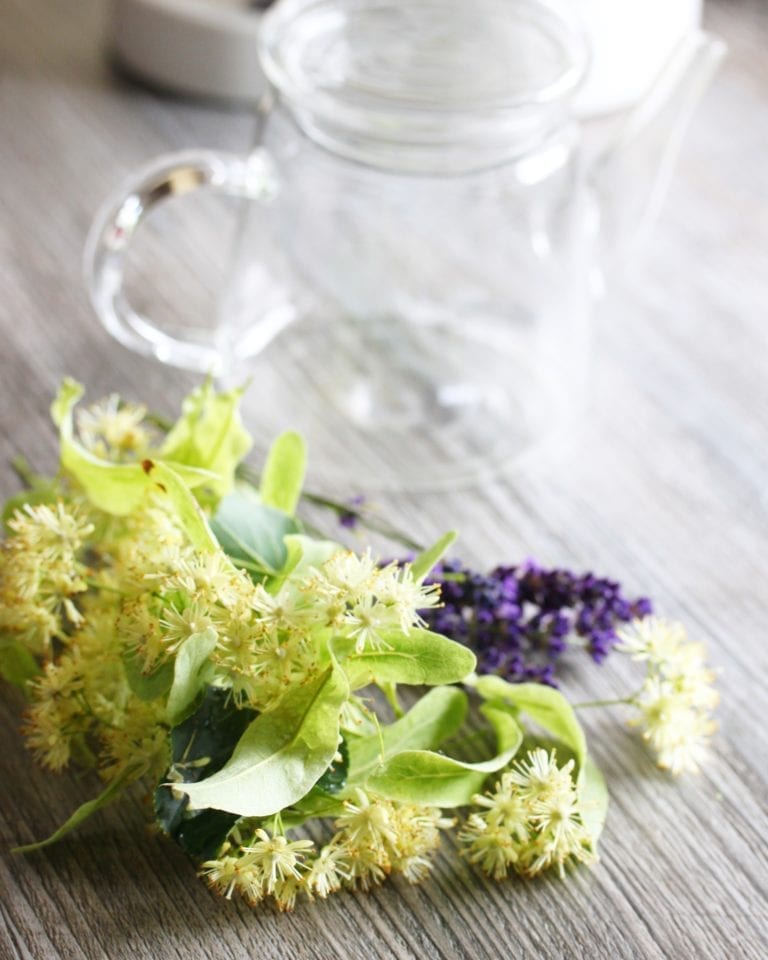
William Siff is just one of the luminaries you can learn from at Wellspring this October. For tickets and more information, click here.
Wellness industry professional discounts and scholarships available!
As we have lost touch with nature in the West—opting for urban living and steeping ourselves in concrete and artificial lighting—so too have we lost the recognition of the healing power of nature. The National Institute of Health reports that 80 percent of the world (80 percent!) relies in part on plant medicine for primary healthcare, in Western society (where we are, incidentally, experiencing a healthcare crisis), we rarely give consideration to incorporating plants into our healthcare regimen in a serious and proactive way. Yet the medicinal properties of plants have been known by humans for millennia.
How can we reintroduce plants back into our lifestyles and diets to help us prevent disease, and bring us more into balance mentally, emotionally and physically? Plant-based tonics could be one answer.
For 20 years William Siff has been traveling the world researching and collecting medicinal plants, all while operating an herbal pharmacy and herb farm in Massachusetts. As a result—with findings augmented with his work at his clinical practice of traditional Chinese medicine and Ayurveda—he began to realize that many of the advanced health problems clients were experiencing could have been prevented through traditional plant medicine had they been introduced to it 10–15 years prior. As a result, William started Goldthread, maker of plant-based tonics, to introduce the healing power of super herbs and spices back into our daily consumption.
Why Plant-Based Medicine?
“Western medicine is wonderful in emergency care and it saves lives, but plant-based medicines shine as an optimization or prevention system,” says William. “If you look at the lifestyle of some of the healthiest people across different cultures, you’ll often find that it involves the abundant consumption of medicinal plants routinely integrated into traditional cuisine and other daily rituals. The net effect is a saturation of the body over long periods of time with antioxidants, micronutrients, and other highly beneficial plant compounds only found in herbs and spices.”
The medicinal properties of plants have been known by humans for millennia.
There are several ways that are both safe and therapeutic to incorporate plants into a daily diet. You could opt for a few cups of antioxidant-rich matcha, reach for plant that either stimulate digestive fire or calm the stomach post-digestion, or a root that works to calm the nervous system. In cultures in which this is common, overall health is the evidence of its efficacy. William points out that in India, for example—where spices like turmeric, coriander and cinnamon are used to increase digestive fire and aid digestion—there are far fewer incidents of cancer of the gastro-intestinal tracts.
In order to encourage Westerners to start incorporating plants into their diets on a daily basis, William and his team created plant-based tonics. Tulsi leaves, schisandra berries, astragalus, and Korean ginseng root—all known for their specific healing attributes—are blended with other more tasty herbs and spices that also have medicinal qualities like orange peel, elderberry, and rose.
“If people think herbs taste bad then they won’t incorporate them in their diet. Similarly if they think it requires time. Plant-based tonics that taste good and can be easily consumed remove some of the obstacles to encouraging people to have a daily dose,” says William.
Digestive Remedies in our Kitchen Cabinets
What many of us don’t realize is that we often have just the plant medicine we need, right at home in our very own herb and spice racks. Poor digestion is one of the most common health issues in the West, and indeed, according to Ayurveda, most disease begins in the digestive tract where toxicity builds up and leads to inflammation. But William says that we could be helping our digestion along in a simple and cost effective way, with ingredients we already have.
Plant-based medicines shine as an optimization or prevention system. – William Siff
“It’s as simple as using herbs and spices that kindle digestive fire to strengthen digestion and assimilation, so that little toxicity remains in the system,” he says. That doesn’t necessarily mean having to eat hot and spicy foods. Turmeric, cinnamon, fennel, cumin—as well as fresh herbs from the garden such as basil, parsley, thyme and oregano—all have qualities that make our digestive systems more efficient, and they are all widely available.
If you’ve ever had a digestif, you’ll also be familiar with using herbs to cool the digestive system for balance. In every traditional medicine system you’ll find teas and cordials to drink after eating that use herbs like lavender, linden or lemon balm. It’s not hard to make these simple changes to our lifestyles to promote a healthier long term digestive system and therefore overall health says William. “Black pepper, for example, is on every table in the world and it aids digestion. And even at fast food outlets you can order something like a chamomile tea to soothe the fire afterwards.”

De-stressing With Plants
Along with digestion, stress is the biggest health challenge of the West, but again we can call upon plants as medicine — particularly as plants work on an emotional and mental level as well as a physical level. “Plants are great medicine at treating the whole because they are made of the same elements as we are and they have the ability to balance our entire system,” says William.
William points out that the emotional and mental bodies are just more subtle aspects of the physical body. In this school of thought, if the physical body is experiencing disharmony from something arising in our lifestyle or environment, we will likely see similar qualities emerging at an emotional and mental level—and vice-versa. In the West, stress is often a catch-all phrase often brought on by life-style or environment.
“In cultures where there is a lot of stimulation, such as city living where we are receiving lots of impulses, it makes sense that the nervous system becomes overloaded,” says William. He notes that our physical bodies are simply not equipped to process the level of stimuli in modern living. “As our system becomes more volatile,” he says, “we’ll notice accompanying it more volatile emotions, with our thoughts also seeming to speed up and becoming more erratic, and less spacious.”
Treating the body, mind and emotions is therefore needed if we want to tackle what we call stress, rather than treating alone a physical symptom like adrenal fatigue. What plants offer is what William calls “a complete healing response.”
Using Healing Plants Externally
William recommends using plants as fragrance to reduce stress as it enters the nervous system directly reducing restless and anxiety. William points to sage, palo santo and copal; burning resins or incense; or using a diffuser for oils such as lavender. Many cultures use fragrances from oils, resins, or plants in the home to bring the mind into a more sacred and calmer space.
Diffusing aromatic plants in our environments also acts as a purification force, lessening concentrations of bacteria and viruses floating around in our homes and workplaces. William suggests making a ritual of using a fragrance or burning certain plants, like frankincense, when coming home from work. The fragrance and ritual can help change our state of mind to one of letting go of the work day and moving into a calmer period. And if we make a ritual or habit of using fragrance the brain will come to associate the fragrance and ritual with relaxing, and develop new neural networks that encourage this, so the impact will become even stronger.
“When 50 percent of the population in the West is unwell and not heading in the right direction,” says William, particularly when “we speak often of a healthcare crisis, it would be wonderful to see people return to health, and be happy—simply by bringing nature back into our lives and into our bodies.”
—
 Helen Avery is a contributing writer for Wanderlust. She is also a journalist, writer, yoga teacher, minister, and full-time dog walker of Millie, residing in Brooklyn, New York. You can find out more about her on her website, Life as Love.
Helen Avery is a contributing writer for Wanderlust. She is also a journalist, writer, yoga teacher, minister, and full-time dog walker of Millie, residing in Brooklyn, New York. You can find out more about her on her website, Life as Love.
